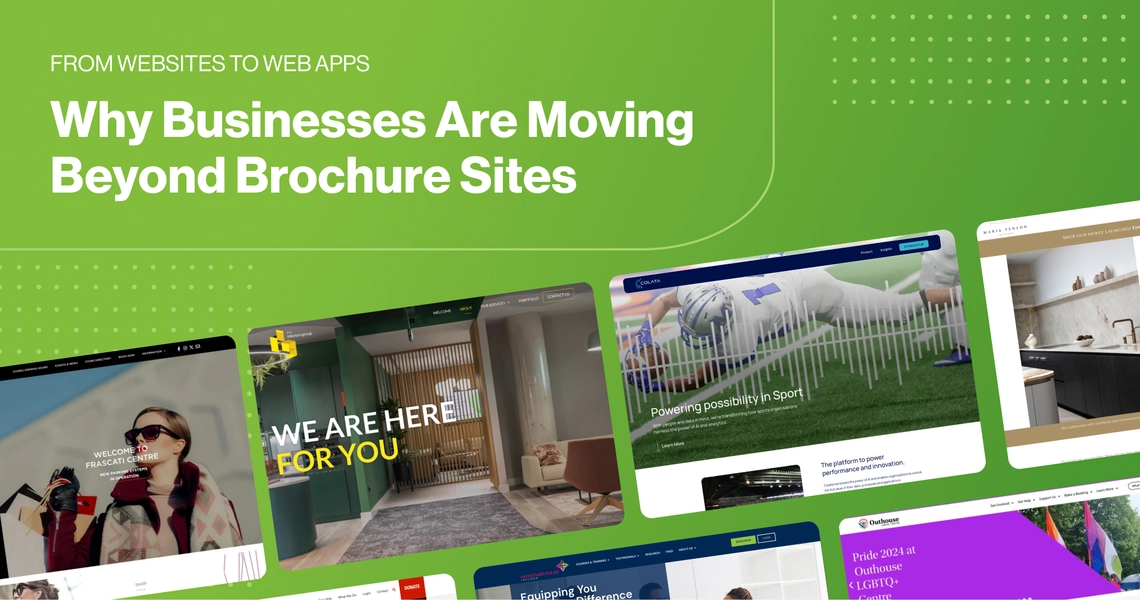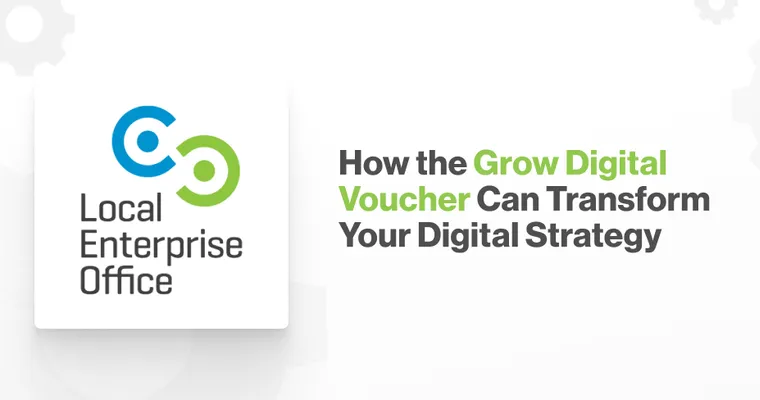Summary
The web is evolving, and so are user expectations. Simple brochure-style websites are no longer enough to engage visitors or drive conversions. Web apps – interactive, dynamic, and user-focused – are becoming the standard for businesses that want to provide real value online. This post explains why companies are shifting from static websites to web apps and what benefits they offer.
The Limitations of Traditional Brochure Websites
Brochure websites are primarily static:
- Displaying information about products or services
- Limited user interaction
- Minimal personalization or dynamic functionality
While they work for basic branding, they often fail to:
- Engage users
- Convert traffic into leads or sales
- Support complex workflows or integrations
What is a Web App?
A web app is a dynamic website that behaves like a software application. Features often include:
- Real-time interactivity (e.g., dashboards, forms, chat)
- User accounts and personalized content
- Complex integrations with other systems (CRMs, payment platforms, APIs)
- Responsive design optimized for mobile and desktop
Why Businesses Are Switching to Web Apps
- Enhanced User Engagement: Users can interact with content rather than just read it.
- Personalization: Content and functionality adapt to user behavior or preferences.
- Scalability: Easier to expand functionality as business needs grow.
- Automation & Efficiency: Integrates with back-end systems to automate processes.
- Competitive Advantage: Many competitors still rely on static sites, so dynamic apps stand out.
AI & Search Optimisation Angle
AI-driven search increasingly values interactive, high-engagement content. Web apps can improve metrics like:
- Time on site
- Page depth
- User retention
This signals relevance to AI search engines, improving rankings. Additionally:
- Dynamic content allows structured data to be regularly updated.
- Interactive elements can support voice search and semantic queries.
When to Consider Building a Web App
- Your business requires user accounts, dashboards, or real-time updates.
- You need to integrate with other systems or tools.
- You want to offer personalized experiences for visitors.
- You aim to increase conversions and engagement beyond static pages.
FAQs
Q1: How is a web app different from a website?
A web app is interactive, dynamic, and user-focused, while a website is mostly static and informational.
Q2: Are web apps more expensive to build?
Yes, typically more than a brochure site, but the ROI can be higher due to engagement, conversion, and scalability.
Q3: Can a web app improve SEO?
Yes. Dynamic, interactive content keeps users engaged, which improves metrics that AI-driven search engines prioritize.
Q4: Do all businesses need a web app?
No. Smaller businesses with simple online needs may still benefit from a brochure website, but web apps are ideal for businesses seeking growth, interaction, and automation.
Q5: Can I convert my existing website into a web app?
Often yes – with the right planning and development, existing content can be migrated and enhanced with app-like functionality.



